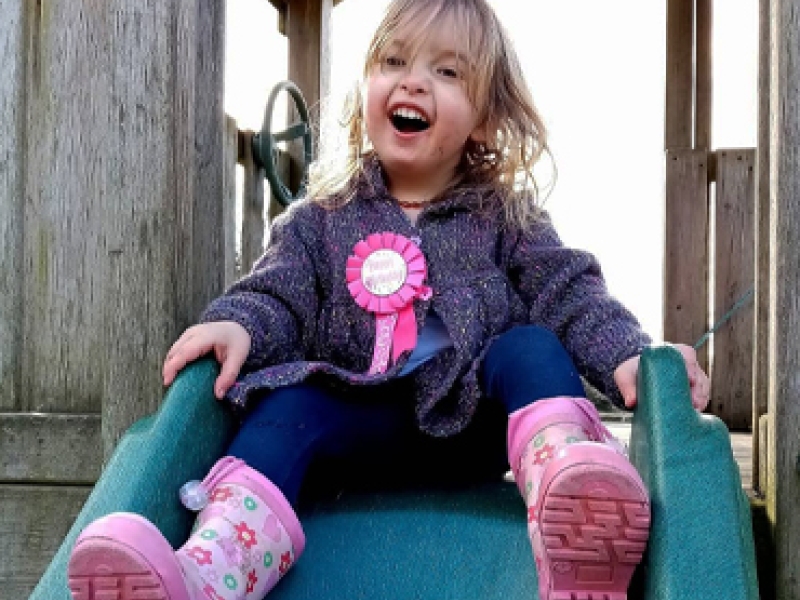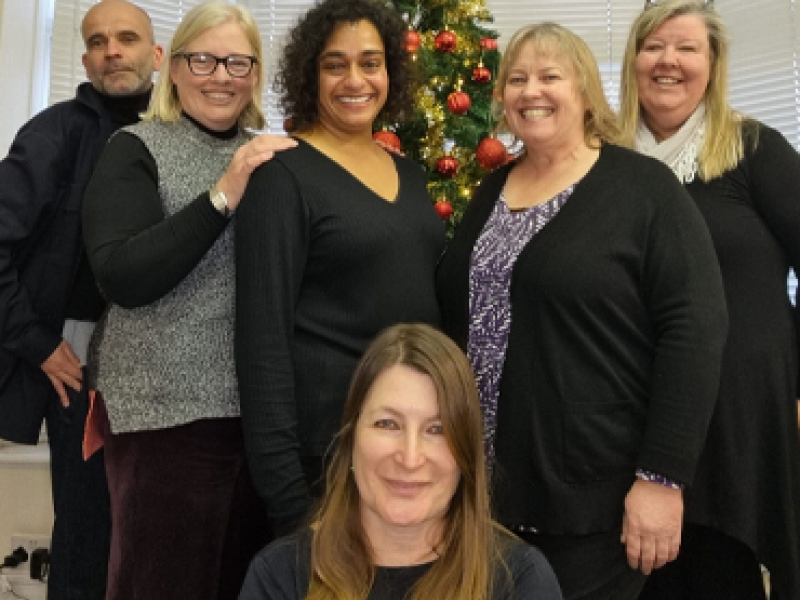Jane Frances
19 November 2019
Jane Frances
Jane Frances is a psychotherapist and was for many years Schools Specialist and Policy Advisor in Education at Changing Faces, UK. She is an expert in the psychology of visible difference.
She tells us of how findings from psychological research can help parents and teachers of children with Neurofibromatosis to better support them.
“I have worked with a lot of children with many conditions including NF, and I’ve found that the responses by other people to visible difference is pretty standard across conditions. The advice I give is based on research. ‘Common sense’, however well-intentioned, can lead to counterproductive interventions.
For example, if a child is staring at a child with a visible difference, the ‘natural’ reaction of the teacher is to say, ‘you mustn’t stare’. The result is that children learn to turn away, and the child with the difference feels even more isolated.
A better response is for the teacher to tell the staring child, ‘if you find yourself staring, smile and say ‘Hello, my name is Jane. What’s your name?’’
It is even more important that parents or the teacher coach the child who has NF to handle other children’s curiosity. The best strategy is for the child with NF to have something to say, like: ‘Don’t mind my lumps and bumps. I’ve got NF. Have you got something interesting about you?’ It is always good to round off with a question and engage – curiosity is the beginning of a relationship.
If the child is shy and nervous, the teacher might need to say, ‘Oh you’ve noticed Timothy’s unusual face. Well that’s the way Timothy’s face is, and did you know Timothy has a pet cat?’
We know from countless studies that it is harder for a child who looks unusual to make and keep friends. This is caused not by an aversion to the unusual face, but by an aversion to the stigma. The key, therefore, is to reduce or eliminate the stigma. The conversational strategies above will help. A curious stare is a door to a conversation and possible relationship.
Teachers’ expectations are also key: they need to hold in their heart really positive hopes for this child’s future. Many studies confirm the ‘Pygmalion Effect’: that lower expectations lead to lower results. Teachers aren’t doing children a favour by going easy on them. The child needs tough, high expectations.
These are just a few tips. You can get more information and resources for tackling issues of face equality and the impact of appearance at changingfaces.org.uk.”
– Jane Frances"The best strategy is for the child with NF to have something to say, like: ‘Don’t mind my lumps and bumps. I’ve got NF. Have you got something interesting about you? "
Filter News
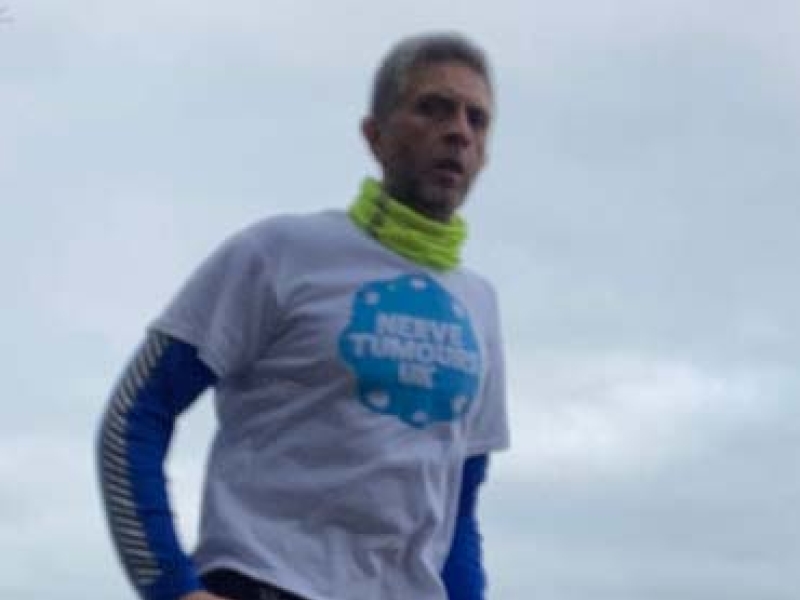
Ragbir’s London Marathon
Ragbir is the Paediatric Lead for NF1 in Leeds and is running the London Marathon
Read More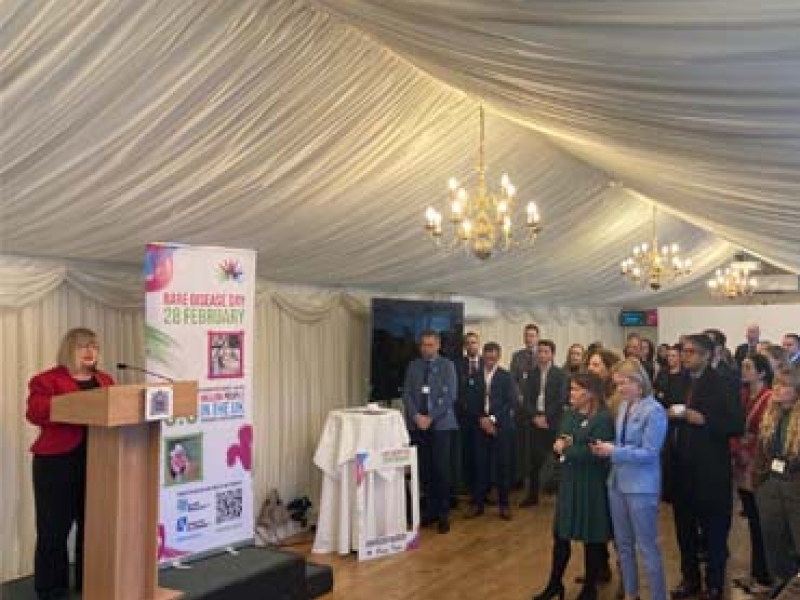
Rare Disease Day 2023
NTUK joined in with Rare Disease Day 2023, helping raise awareness of how better coordination of care can improve lives.
Read More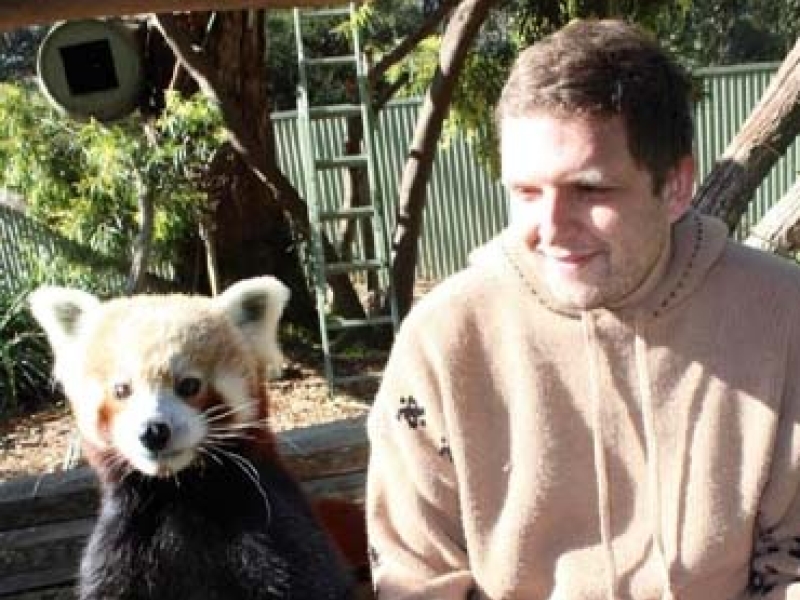
Ashley’s NF1 story
Ashley loves red pandas, he's a 32 year old IT Specialist and has NF1. He is running a half marathon to raise NF awareness
Read More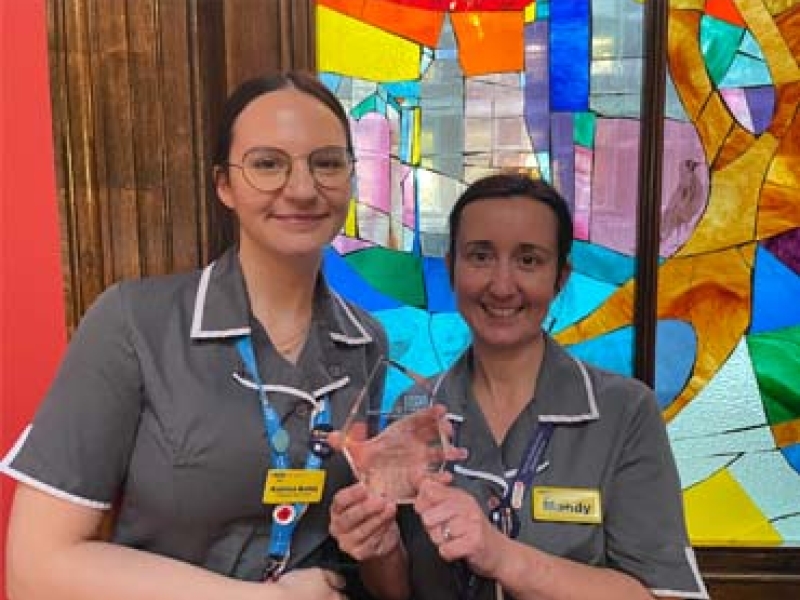
Guy’s & St.Thomas’s Monthly Care Awards
NF paediatric nursing team, Mandy and Katrina win the Guy’s and St Thomas’ Hospital November CARE Award 2022
Read More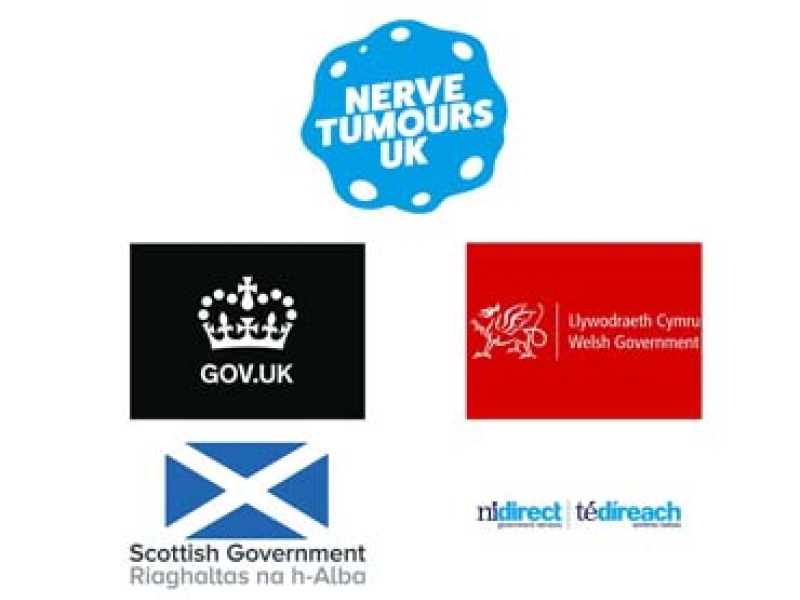
Cost of Living Crisis - Initiative
NTUK have co-signed an open letter to the Chancellor of the Exchequer on the cost of living
Read More
Living with NF1: psychological impact & experiences
Research: Understanding the reality of the NF1 journey from diagnosis to daily life, and the emotional impact it has
Read More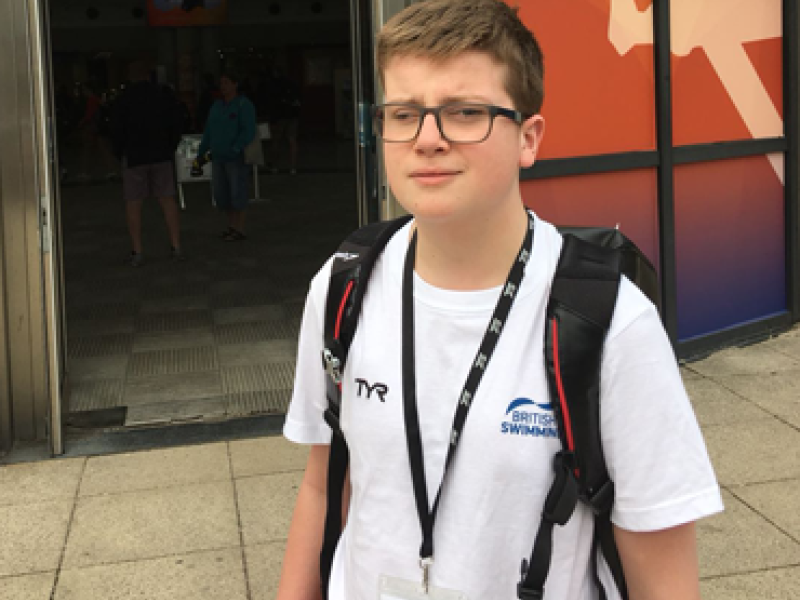
Kian’s NF2 Blog
Kian shares his NF2 journey and his inspirational path - training to swim in the para-olympics
Read More

